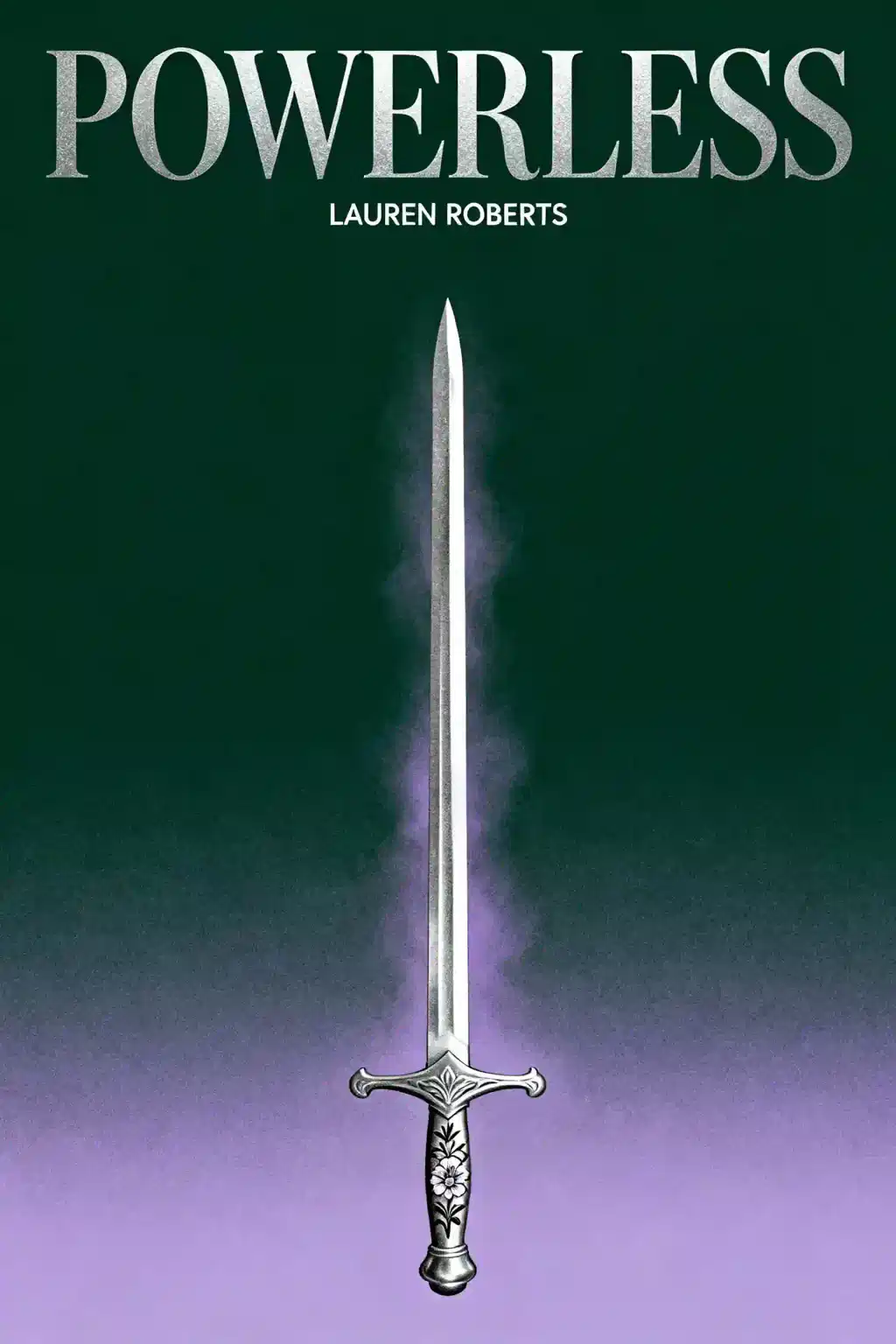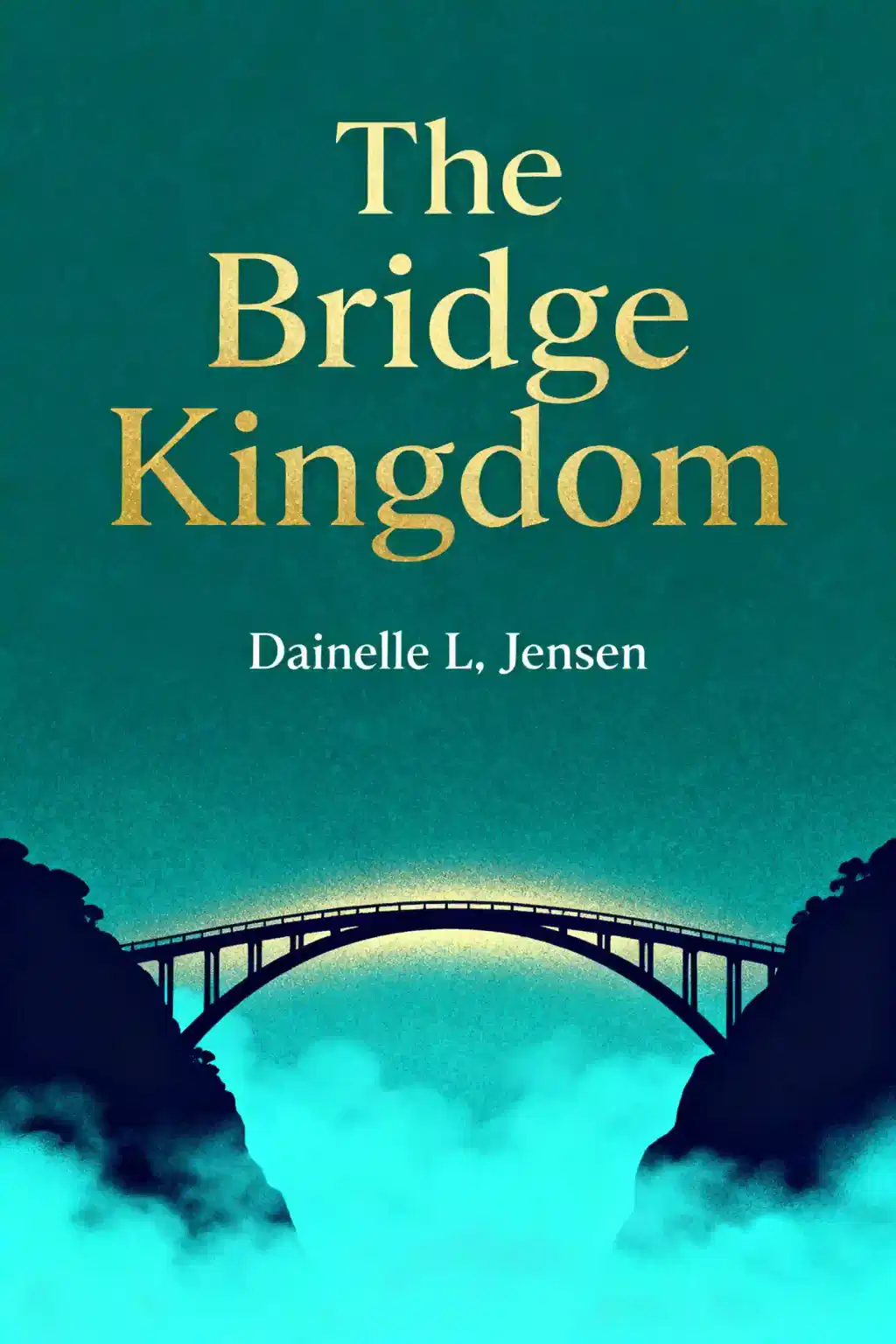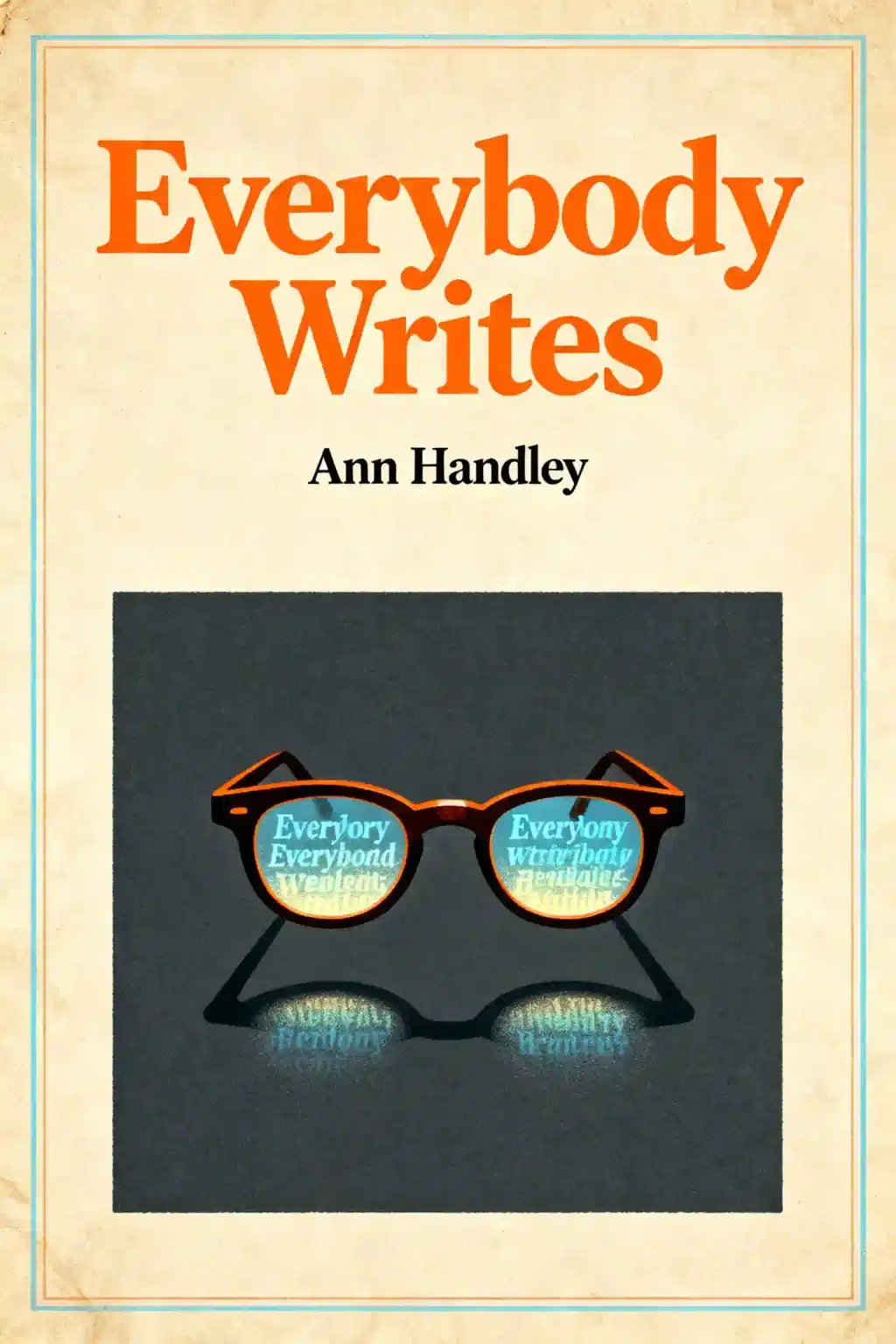What is Four: A Divergent Collection about?
Four: A Divergent Collection by Veronica Roth is a companion novel to the Divergent series that tells the backstory of Tobias "Four" Eaton. The book contains four interconnected stories—The Transfer, The Initiate, The Son, and The Traitor—plus three exclusive scenes. Set two years before Beatrice Prior's story, it follows Four's transfer from Abnegation to Dauntless, his struggle with identity, discovery of his Divergence, and reunion with his supposedly dead mother.
Who is Veronica Roth and why did she write Four?
Veronica Roth is an American author born August 19, 1988, best known for her bestselling Divergent trilogy. She wrote Four: A Divergent Collection in 2014 as a companion volume to provide readers with deeper insight into Tobias Eaton's character and backstory. Roth studied creative writing at Northwestern University and wrote the original Divergent novel during winter break of her senior year.
Who should read Four: A Divergent Collection?
Four: A Divergent Collection is ideal for fans of the Divergent series who want deeper insight into Tobias Eaton's character and motivations. Readers who found Four more compelling than Tris will particularly appreciate his internal perspective. The book also appeals to those interested in understanding the faction system's origins and the political tensions brewing between Dauntless and Erudite before the main trilogy events.
Is Four: A Divergent Collection worth reading?
Four: A Divergent Collection is worth reading for its improved writing quality and character depth compared to the main trilogy. Readers appreciate Four's conflicted nature, his struggle with shame, and his feeling like an imposter despite appearing confident. The book reveals motivations and internal thoughts that weren't evident in the original series, making Four more relatable and multidimensional. However, some readers prefer keeping Four mysterious rather than knowing his perspective.
What are the four main stories in Four: A Divergent Collection?
The four stories in Four: A Divergent Collection by Veronica Roth are The Transfer, The Initiate, The Son, and The Traitor.
- The Transfer covers Four's decision to leave Abnegation for Dauntless and rename himself.
- The Initiate follows his training, discovery of Divergence, and friendship formation.
- The Son reveals his mother Evelyn is alive and leading the factionless.
- The Traitor shows Four navigating dangerous political tensions between factions.
How does Four discover he is Divergent in the book?
Four discovers his Divergence during fear simulations when his trainer Amar notices he manipulates the simulation in unprecedented ways. Unlike typical initiates who experience fear, Four defies the simulation's parameters, exhibiting control that suggests Divergent abilities. This discovery becomes dangerous when Jeanine Matthews examines his data, but Amar coaches Four to hide his abilities. The book reveals how being Divergent threatens Four's safety within the faction system.
What does Four learn about his mother Evelyn in Four: A Divergent Collection?
In The Son story, Four receives a mysterious message revealing his mother Evelyn is alive, contrary to what he believed for years. She didn't die but became factionless and now leads the homeless faction. Evelyn wants Four to join her revolutionary movement, but he refuses to align with her plans. This revelation forces Four to reconcile his hatred for his father with complicated feelings about his mother's deception and abandonment.
How does Four: A Divergent Collection connect to the Divergent trilogy?
Four: A Divergent Collection serves as a prequel to the Divergent trilogy, taking place two years before Beatrice Prior's choice. The book ends with Four positioned as an instructor when Tris becomes the first initiate to jump into the net. It establishes the political tensions between Dauntless and Erudite that drive the main trilogy's conflict. The collection provides context for Four's behavior, relationships, and decisions throughout the original series.
What is the significance of Four's relationship with fear and pain?
Four's relationship with fear defines his identity transformation from Tobias to Four, representing his four fears in simulation. The book reveals a quote: "Maybe there is a masochistic streak inside me that uses pain to cope with pain". Four learns to defend himself and become stronger in Dauntless, but refuses to enjoy causing others pain, maintaining his Abnegation values. This internal conflict between Dauntless boldness and Abnegation selflessness shapes his character throughout the collection.
What are the main themes in Four: A Divergent Collection by Veronica Roth?
Four: A Divergent Collection explores identity formation, the struggle between inherited values and chosen identity, and finding authenticity within rigid systems. Four's journey centers on shame, feeling like an imposter, and discovering a third option beyond faction or factionless—being true to himself. The book examines how fear can either control or motivate transformation. Additional themes include family legacy, loyalty versus self-preservation, and the courage required to reject societal expectations.
What criticisms does Four: A Divergent Collection receive?
Some readers criticize Four: A Divergent Collection for demystifying a character they preferred to keep enigmatic. Critics note that being inside Four's head removes the mysterious appeal he had in the original trilogy. Others felt the collection didn't reveal enough new information to justify a separate book. However, many readers praise the improved writing quality compared to the Divergent series and appreciate the deeper character exploration. The book's value depends on whether readers want comprehensive backstory or prefer narrative mystery.
How does Four's internal perspective differ from Tris's in Divergent?
Four's internal voice in Four: A Divergent Collection reveals a character more conflicted and motivated by shame than Tris perceived. While Tris sees Four as confident and capable, he internally feels like an imposter and constantly questions himself using "should" frequently. Four's perspective shows his struggle to balance Dauntless boldness with Abnegation selflessness, refusing to become cruel despite faction expectations. His snarky internal monologue and philosophical approach to identity contrast with Tris's more action-oriented perspective in the original trilogy.














